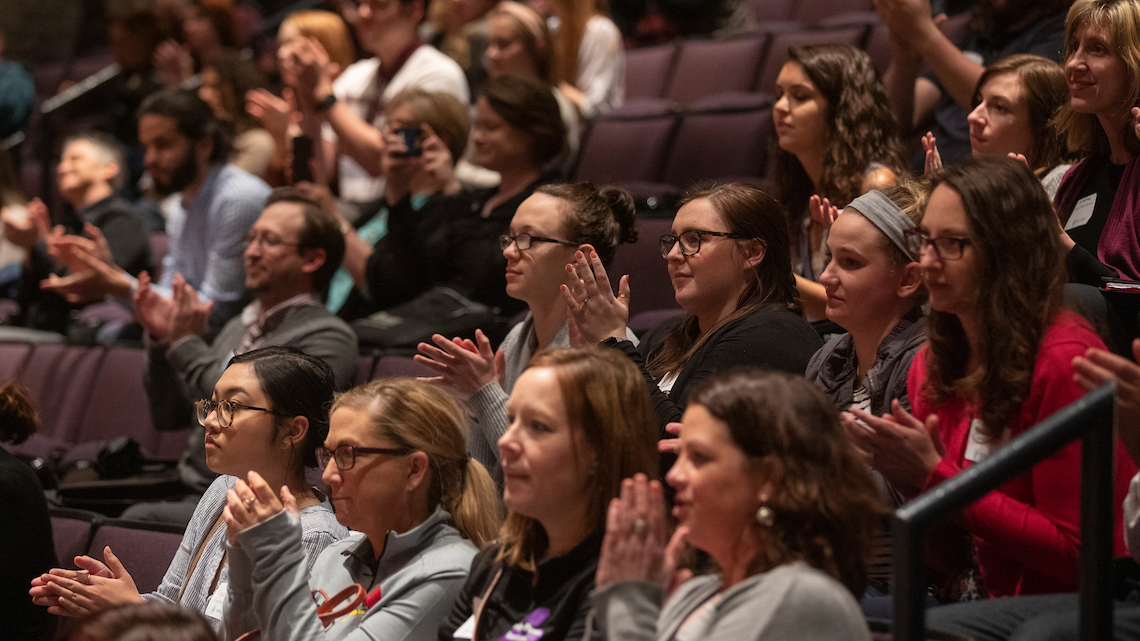Missouri State University students and faculty attended the annual Missouri Association for Behavior Analysis (MOABA) conference on Nov. 9-10 in St. Louis.
Speakers were invited from all over the country to present at the conference on topics ranging from services for autistic learners to time and nutrition management.
Dr. Jordan Belisle, president of MOABA and associate professor for the School of Mental Health and Behavioral Sciences, began his term as the organization’s president with the goal of expanding its scope and outreach to underserved communities.
The Institute for Dynamic Behavior Science
A total of 10 student posters were accepted to the conference from MSU by students in the Institute for Dynamic Behavior Science (IDBS).
Belisle and Dana Paliliunas co-founded IDBS; it includes students from the Behavior Analysis and Therapy (BAT) program and the new Doctor of Psychology (PsyD) program.
Posters presented at the conference
A mix of BAT students, PsyD students and undergraduate student researchers from the undergraduate lab (BEAR Lab) participated in the research presented at the conference.
“MOABA challenged my thoughts about the behavior analysis field. It helped me consider how I want to grow in behavior analysis and what contributions I hope to make as a professional,” said Katelyn Frahm, a first-year graduate student in the BAT program.
“I loved seeing all the students and professionals come together for the common goal of serving others.”
Poster topics included:
- Language and cognitive training for autistic children, presented by Frahm.
- Laboratory research on human cognition and behavior, presented by Amanda Middleton.
- Supporting unhoused people in the community, presented by Bentley Elliot.
- Willingness to engage with international students on campus.
- Values-based skills training for adults with disabilities.
Four doctorate-level researchers who were also conference speakers judged the competition independently.
“All student presenters represented the institute and the department exceptionally well,” Belisle said. Attendees were incredibly enthusiastic about this work and its impact on the field of ABA and communities served.”

